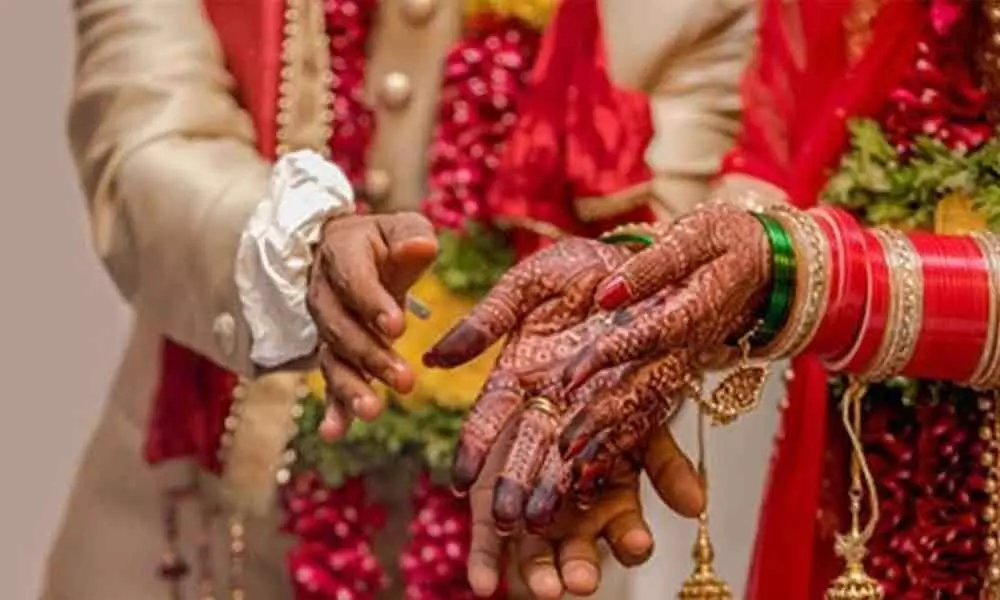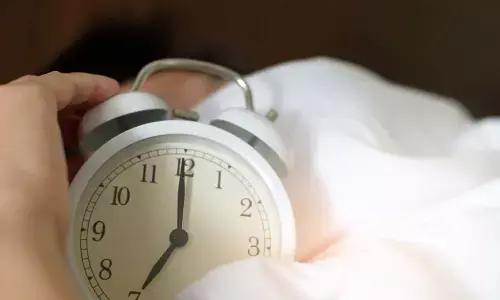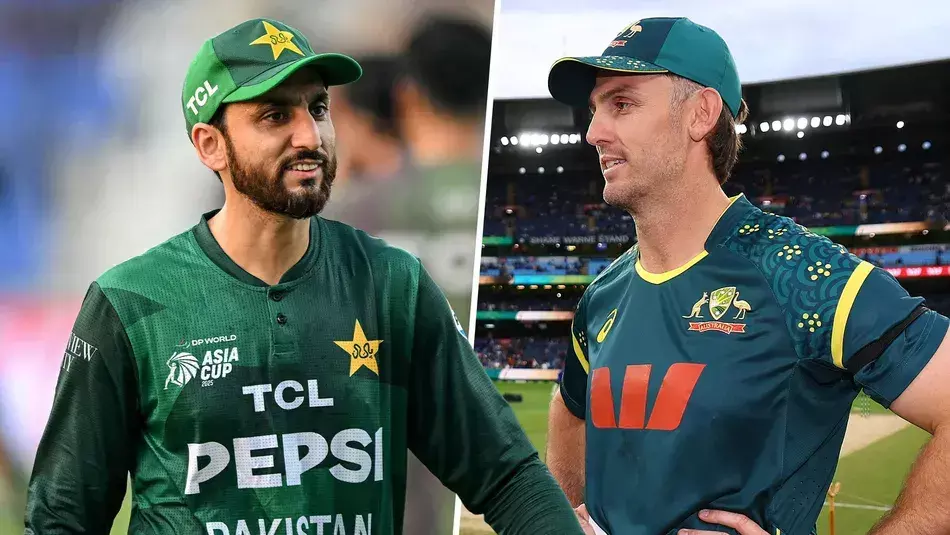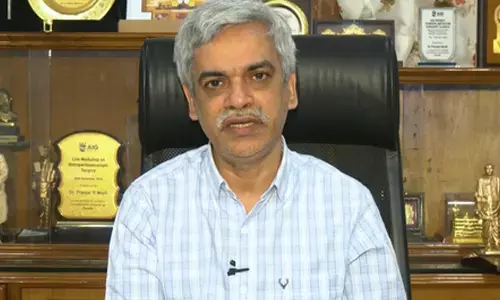Is 21 years' age right for girls to enter into wedlock?

Representational Image
In these unpredictable times of probable third wave of coronavirus with new variant Omicron playing havoc, the government has given another startling proposal to the evening table for people to discuss over tea. The initial proposal and now the Child Marriage Amendment Bill 2021, introduced in Lok Sabha in December by Smriti Irani, Union Minister for Women and Child Development, proposes amendments to the 2006 law. It has been sent to a Parliamentary Standing Committee for further discussion.
It was criticized in the first place when proposed, and now the opposition tags it as a hasty decision and demands thorough discussion. It may have received both raised eyebrows and thumbs up from different sections of society, but its pros and cons are to be reckoned. On the face of it, it seems like the government has taken the most liberal decision of the century but will it be in sync with societal norms is the question. India is a multi-cultural country with individual preferences, and anything of this sort would undermine the unity in diversity. Moreover, the caste factor runs deep in almost every nook of India, and whether this Bill is likely to encourage inter-caste marriages is to be seen.
The Bill makes both men and women equal marriage partners in simple terms. It turns the rightful legal age of girls to their marriage age and prohibits any underage marriages. That means both girls and boys can enter into marriage when they mature enough wisdom. Whether the Bill takes the shape of Act or not, it has brought a panic situation wherein people are getting their under-age daughters married as soon as possible. So far, around 200 marriages have taken place in Hyderabad alone, according to reports.
For a girl of 21stCentury, it is like long-lost freedom that came late to them but does this law guarantee them the opportunity of choosing their life partners? Indian society is lagging in allowing women to choose what they want and whom they want to marry. For the Indian mindset, does a 21-year-old look like a spinster, or is it a bit late for entering into a marriage contract? One cannot be sure of its impact on them, but it will likely decrease the crimes of forced relationships, assaults, and child marriages. A mature woman with good qualifications can raise her voice against her spouse and in-laws' abuses.
Going by figures, in rural India, 2.6 percent of girls were married before 18 years of age, 37.4 percent were married between 18 to 20 years of age, and 60 percent at 21 years and above. In urban areas, the proportion of girls married below 18 years of age was 1.6 percent, with 23.2 percent of the girls married between 18-20 years of age and 75.3 percent married at 21 years or later. There were a relatively high percentage of girls married at 21 or above in both rural and urban areas. Hence, this can only help reduce child marriages and the meager proportion of marriages under 18 years of age.
Even more, when 21 years' of a girl's life is calculated, it gives her 12 years of school education, 2 years of intermediate education, 3 or 4 years of degree-level education. This means that a girl can now pursue higher studies or choose to do a job without the pressure of marriage on her. This also means that she can be financially independent enough before the marriage and continue to be so after marriage if given a chance to work. There is another plus point for working women as they may quickly get alliances in this demanding world. An educated woman can either stop her spouse from divorcing her or step out of marriage because of her high calibre.
Incidentally, found that 31 percent of women were divorcing spouses as they were educated and were of similar age. This brings in whether there should be separate age limits or gaps between the two genders. A survey found that 40 percent of marriages failed because of same age compatibility issues, and hence should there be a separate marriage age cap for boys?
In the context of the Indian Constitution, it violates the fundamental right to religion and the right to life under Article 21 as it applies to both citizens and all communities. It is a direct encroachment on the right or freedom to religion as marriage is purely and absolutely a religious affair. It seems after the Sabarimala issue and the Triple Talaq Legislation, the Central government is interfering with the faiths of people and trying to bring in uniform civil code in pieces.
On the other side, it will bring down the population growth to an extent as both the parties into marriage will have family planning and give consent on par. Also, 21 years of age limit for girls might prove to be a little challenging for the poor and low-income families as these people want to pass their buck as soon as girls get mature. Hence, the Government should also lay down provisions and offer incentives, including cash assistance, to low-income families to maintain and encourage girls' education until 21.
Ensuring jobs for girls soon after graduation will also work best. There is also a likelihood of elopement cases at an early age that should be punished. There are varying marriage customs among communities and different States, including the practice of child marriages and this Bill over-rides the old age usages and practices and disturbs the social fabric. Hence, the government should discuss with the State representatives, religious heads and other stake holders to recast the Bill to suit the public welfare. Among other things, it will give teeth to vulnerable women as they can take recourse to legal means. However, the Bill, if it becomes Act, should have only prospective effect and not retrospective clause. Otherwise, it may nullify 80,000 odd marriages of 18-years plus girls in India in recent weeks. Evidence from the past points out that Modi government has failed in implementing its bold decisions such as demonetization and introduction of GST. There is an apprehension that even this will be a hasty step. The opposition has criticized it for its timing and lack of consensus. "The year 2022 should be used for a massive educational campaign on the benefits of marrying only after a boy or girl attained the age of 21 years," former Union Minister P Chidambaram said.
When the minimum age for voting and obtaining a driving license is 18 years, why cannot marriages be at that age and why increase the minimum limit? What are the marriage practices and age limits under different religions in Indian society, and does this Bill contravene these? If it is a liberal decision, it should prove to be in the interest of both partners and families. Before the new law is enacted, the government should consult all the political parties, religious groups, and other society stakeholders.















